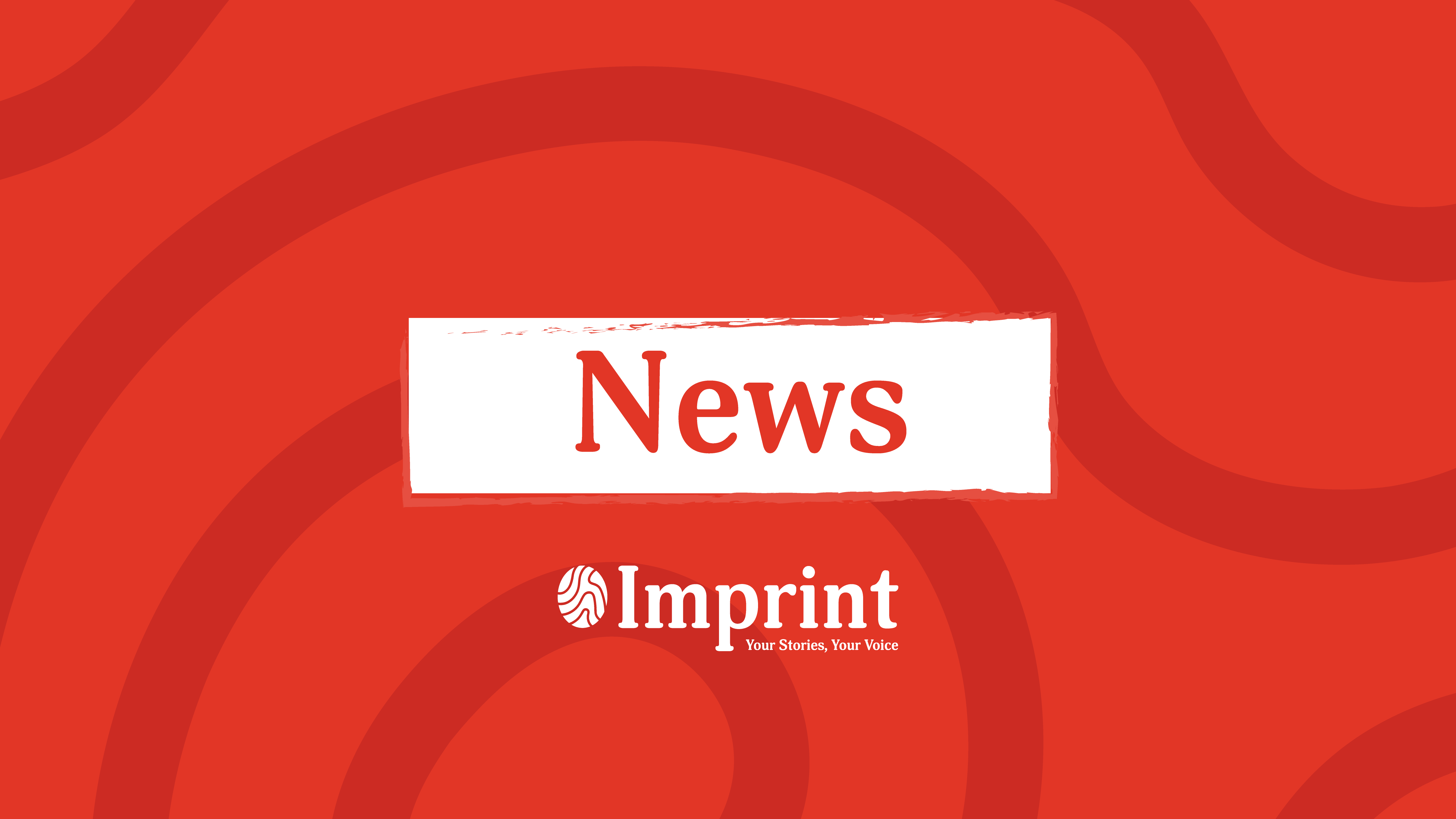Observant students might have noticed a new service called Doro, an AI chatbot designed by a Waterloo student to offer immediate mental health support to students whenever they need it, being advertised on the Waterloo Campus Wellness site.
Rastin Rassoli, the creator of the app, began his journey in the Waterloo Honours Co-op Computer Science program in 2020. His prior involvement in various mental health organizations inspired him to explore psychology courses, eventually leading him to add psychology as a minor and then as a double major to his degree. Currently, Rassoli is developing Doro as part of an Enterprise Co-op term, which allows students to dedicate their co-op experiences to entrepreneurial ventures.
“[This] helped me to gain a lot of experience in the field of…app development, and also one of my co-op experiences was actually product owner of a mental health application,” says Rassoli. “My background helped me to just grasp knowledge in both of these worlds and understand how I can connect them like…mental health with computer science.”
Rassoli highlights the ongoing crisis with mental health accessibility as a major driving force behind Doro’s creation: “The crisis with anxiety, depression,…we have problems with wait times with therapy and counselling and no one’s receiving the support they need as soon as possible.” He points out that therapy and counselling are critical for addressing education, social, and relationship pressures, but delays in receiving care exacerbate problems. Waiting for up to three months for an initial session often leads 40-50% of individuals to drop out of the waitlist. “That’s a very long time for just these early symptoms,” he notes. “[When you ignore these early symptoms, they] go into your subconscious…and stay there.”
Development for Doro began over a year ago as a highly interdisciplinary project, involving psychologists, researchers, Campus Wellness representatives, and volunteers from crisis helplines. After receiving a $30,000 government grant, Rassoli conducted six months of preliminary research into how AI could aid mental health interventions. In June 2024, the first version of Doro was launched to 100 trial users, yielding promising results: a 43% reduction in negative emotions after just three sessions. This success led to a public release in September 2024. Currently, Doro boasts over 2,000 users and is in its third launch phase, with plans to expand further into Canada and the United States.
A distinguishing feature of Doro is its intake process, which eschews traditional questionnaires in favour of a 10-minute conversation that flows naturally, asking about a user’s background, challenges, and goals. Unlike subscription models, Doro offers packages of sessions, aligning with Rassoli’s vision of creating “plans” that are action-oriented and tailored to students’ specific needs. “At the early stages, it’s really important to be action-oriented to make sure that, first of all, you understand what you’re experiencing and also make sure you prevent this challenge from escalating,” says Rassoli. “So you should have very specific goals [that we have] to achieve.”
Doro’s chatbot integrates 20 psychotherapeutic techniques demonstrated by research to be effective for early-stage interventions. Based on the student’s specific challenges, the chatbot updates its recommendations and provides a step-by-step action plan to address issues. While emphasizing that Doro is not a substitute for therapy and has limitations in handling complex mental health cases, Rassoli has ensured the app connects users to therapists and crisis helplines for additional support.
If you or a loved one need to talk to someone, resources are available:





